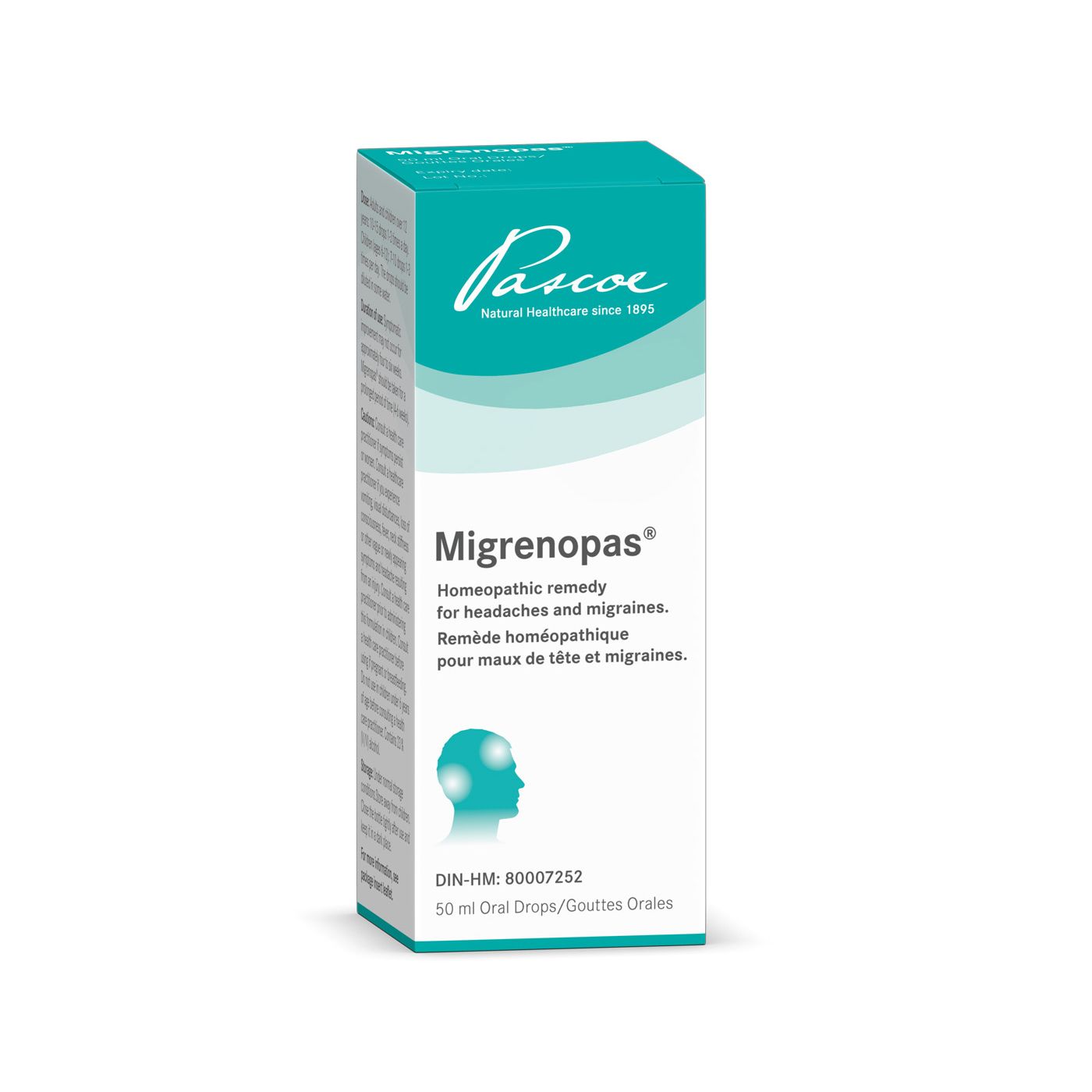The Complex Link Between Stress and Migraines: Exploring the Benefits of Butterbur
In today's fast-paced world, stress has become an inevitable part of our lives. From work pressures to personal challenges, stress can manifest in various ways, affecting both our mental and physical well-being. One of the most debilitating outcomes of chronic stress is stress headaches or chronic migraines.
Stress Headache Symptoms
Migraines are intense and throbbing headaches that can last for hours or even days, often accompanied by other symptoms such as sensitivity to light and sound, nausea, and vomiting.
The connection between stress and migraines is complex, and researchers have been delving into the intricate interplay between these factors.
Additionally, an ancient herbal remedy known as butterbur has gained attention for its potential benefits in alleviating migraines. Read on to explore the relationship between stress and migraines while delving into the butterbur benefits as a natural remedy.


The Stress-Migraine Connection
Stress is a physiological and psychological response to challenging situations. When stress becomes chronic or overwhelming, it can trigger a cascade of reactions within the body, affecting various systems including the nervous and vascular systems.
Migraine headaches are believed to be neurovascular in nature, involving changes in blood flow and nerve signalling within the brain. Stress can contribute to the development of migraines in several ways:
Neurotransmitter Imbalance: Stress can make us feel overwhelmed, affect our mental health, as well as disrupt the balance of neurotransmitters, chemicals that transmit signals in the brain. This imbalance may trigger abnormal brain activity, potentially leading to migraines.
Muscle Tension: Stress often causes muscle tension, particularly at the base of the head, or neck and shoulders. This tension can lead to the development of chronic tension type headaches, which sometimes transition into migraines.
Vascular Changes: Stress can lead to constriction and dilation of blood vessels, which are also implicated in migraines. Changes in blood flow patterns may be a headache trigger, contributing to the pain and other symptoms associated with migraines.
Hormonal Fluctuations: Stress affects hormonal levels, and hormonal fluctuations have been linked to migraines, especially in women. Changes in estrogen levels, for instance, are known to trigger different types of migraines in some individuals.
Ways to Cope with Headaches–The Benefits of Butterbur
Butterbur (Petasites hybridus) is a perennial shrub native to Europe, Asia, and North America. For centuries, it has been used in traditional medicine to treat various ailments, including chronic tension headaches. In recent years, butterbur has gained attention for its potential benefits in alleviating migraines. Here are some of the ways in which butterbur may offer relief if you are someone with the associated risk factors:
Anti-Inflammatory Properties: Butterbur contains active compounds that exhibit anti-inflammatory effects. Inflammation is thought to play a role in the development of migraines, and butterbur's anti-inflammatory properties might contribute to its effectiveness.
Vasodilation: Some studies suggest that butterbur may help relax blood vessels, promoting better blood flow. Improved blood circulation could potentially reduce the intensity and frequency of migraine attacks.
Neurotransmitter Modulation: Butterbur is believed to influence certain neurotransmitters, such as serotonin and histamine, which are involved in pain perception and blood vessel regulation. By modulating these neurotransmitters, butterbur might mitigate migraine symptoms before these headaches occur.
Preventive Approach: Butterbur is often used as a preventive supplement rather than an acute treatment. Regular use over time may help reduce the frequency and severity of migraines.
Comparable Efficacy: Research has shown that butterbur can be as effective as certain conventional medications in preventing migraines, with fewer side effects in some cases.
Tips to Alleviate Stress Naturally
Alleviating stress is essential for maintaining both your mental and physical well-being. Here are some effective tips to help you manage and reduce stress:
Practice Deep Breathing: Deep, slow breathing can activate the body's relaxation response. Inhale deeply through your nose, allowing your belly to rise, and then exhale slowly through your mouth. Repeat this several times to calm your nervous system.
Engage in Regular Physical Activity: Exercise is a natural stress reliever. It releases endorphins, which are chemicals in your brain that act as natural painkillers and mood elevators. Aim for at least 30 minutes of moderate exercise most days of the week, especially if have a family history of migraines or the associated risk factors.
Prioritize Sleep: A lack of sleep can contribute to increased stress levels. Ensure you're getting 7-9 hours of quality sleep each night. Create a calming bedtime routine, avoid screens before bed, and maintain a consistent sleep schedule.
Practice Mindfulness and Meditation: Mindfulness involves staying present in the moment without judgment. Meditation, deep breathing, and progressive muscle relaxation are effective mindfulness techniques that can reduce stress and anxiety.
Healthy Diet: A well-balanced diet rich in fruits, vegetables, whole grains, lean proteins, and healthy fats provides the nutrients your body needs to manage stress. Avoid excessive caffeine, sugar, and processed foods, as they can exacerbate stress.
Stay Hydrated: Dehydration can contribute to increased stress and tension. Aim to drink plenty of water throughout the day. To help increase consumption, add things like frozen berries or slices of cucumber to it, so added enjoyment and refreshment.
Time Management: Organize your tasks and prioritize them. Break large tasks into smaller, manageable steps. Use tools like to-do lists or digital calendars to keep track of your responsibilities. This can make stressful tasks feel more manageable!
Set Boundaries: Learn to say “no” to commitments that may overwhelm you. Establish clear boundaries between work and personal time to prevent burnout. Your well-being will benefit from setting boundaries.
Engage in Relaxation Techniques: Activities like yoga, tai chi, and progressive muscle relaxation can help you release physical tension and calm your mind.
Connect with Others: Social support is crucial for stress relief. Spend time with loved ones, talk about your feelings, and engage in meaningful conversations.
Engage in Hobbies: Pursuing activities you enjoy can be a great way to shift your focus away from stressors, explore your creativity, give your mind a break, and experience joy!
Limit Technology: Constant connectivity can contribute to stress. Take breaks from screens and disconnect from social media to recharge.
Laugh and Have Fun: Laughter triggers the release of endorphins and can significantly reduce stress. Watch a funny movie, read a humorous book, or spend time with people who make you laugh.
Practice Gratitude: Focusing on the positive aspects of your life can shift your perspective and reduce stress. Keep a gratitude journal to remind yourself of the things you're thankful for.
Seek Professional Help: If your stress becomes overwhelming and persistent, consider seeking help from a therapist or counsellor. They can provide guidance and strategies tailored to your individual needs.
Remember that managing stress is a continuous process, and different techniques may work better for different people. It's important to find a combination of strategies that resonate with you and make them a regular part of your routine.
The connection between stress and migraines is a complex web of physiological and psychological factors. Chronic stress can trigger migraines through various mechanisms, including neurotransmitter imbalances, muscle tension, vascular changes, and hormonal fluctuations.
Amid the quest for effective migraine relief, butterbur has emerged as a potential natural remedy with anti-inflammatory, vasodilatory, and neurotransmitter-modulating properties. While it's crucial to exercise caution and consult healthcare professionals before using any supplement, butterbur offers a hopeful avenue for individuals seeking alternative approaches to managing migraines.
As research continues to shed light on the stress-migraine relationship and the benefits of butterbur, those who suffer from migraines may find new paths toward relief and improved quality of life!
References:
-
“Butterbur: Benefits, Side Effects, and Risks.” Www.medicalnewstoday.com, 11 Oct. 2017, www.medicalnewstoday.com/articles/319667. Accessed 28 Aug. 2023.
“Migraines and Stress: What’s the Connection?” Healthline, 25 May 2018, www.healthline.com/health/migraine-from-stress.
Holland, S., et al. “Evidence-Based Guideline Update: NSAIDs and Other Complementary Treatments for Episodic Migraine Prevention in Adults: [RETIRED].” Neurology, vol. 78, no. 17, 23 Apr. 2012, pp. 1346–1353, https://doi.org/10.1212/wnl.0b013e3182535d0c. Accessed 21 Aug. 2019.
Prieto, Jose M. “Update on the Efficacy and Safety of Petadolex®, a Butterbur Extract for Migraine Prophylaxis.” Botanics: Targets and Therapy, Mar. 2014, p. 1, https://doi.org/10.2147/btat.s54023. Accessed 2 Feb. 2020.




